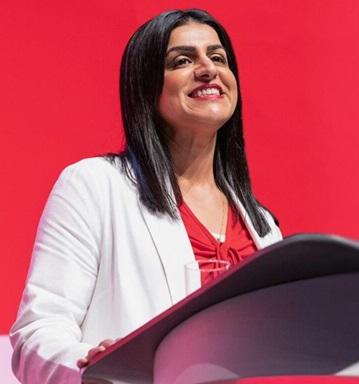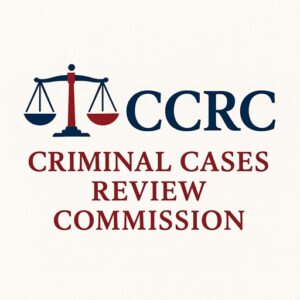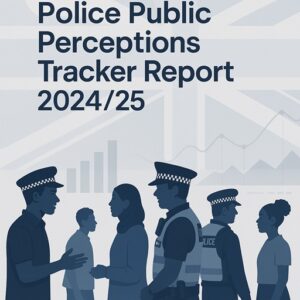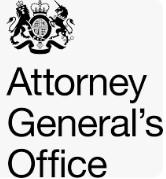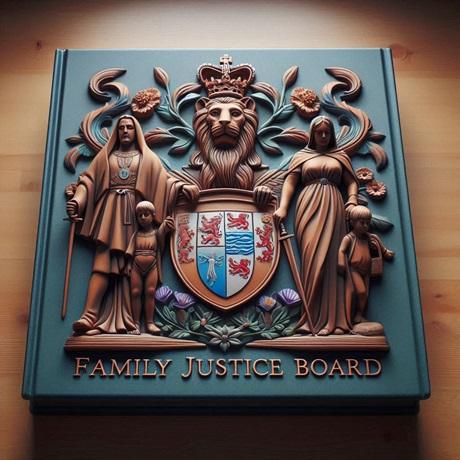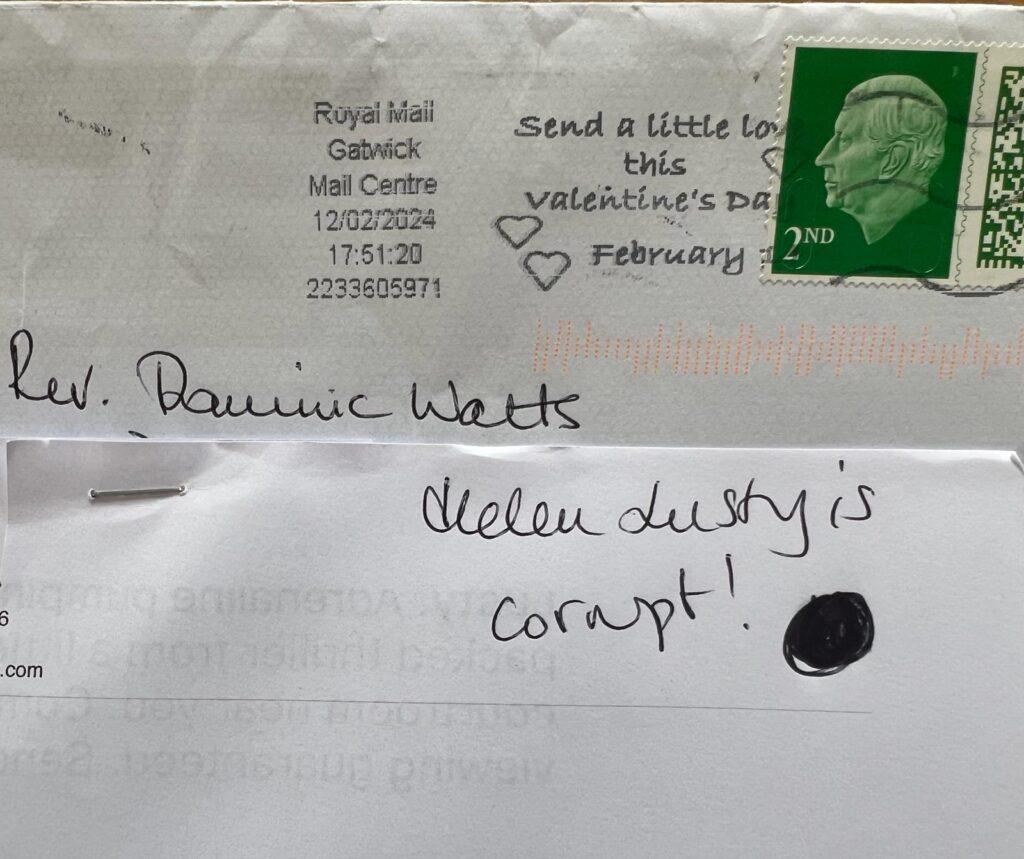On the 5th July 2024, former barrister Shabana Mahmood was named as Lord Chancellor and secretary of state for justice in the new Labour government. Shabana Mahmood was sworn in as lord chancellor at the Royal Courts of Justice on the 15th July 2024 ahead of the opening of parliament on 17 July 2024.
Attorney General Richard Hermer KC and Solicitor General Sarah Sackman were also sworn in at the same time.
As the Secretary of State for Justice, Shabana Mahmood MP, heads the Ministry of Justice.
Shabana Mahmood was appointed Lord Chancellor and Secretary of State for Justice on 5 July 2024. They were elected as the MP for Birmingham Ladywood in July 2024.
Lord Chancellor and Secretary of State for Justice Bio gov.uk
You may also be interested in our article on the Lady Chief Justice and the Master of the Rolls.
What is the role of the Lord Chancellor ?
The Lord Chancellor is one of the most ancient offices of state, dating back many centuries.
The Lord Chancellor, formally the lord high chancellor of Great Britain, is the highest-ranking traditional minister among the Great Officers of State in Scotland and England in the United Kingdom, nominally outranking even the prime minister.
The Lord Chancellor is responsible for the administration of the courts, prison system, legal aid, and probation services in England and Wales
The Lord Chancellor is appointed by the Monarch on the advice of the Prime Minister and is a senior member of the Cabinet. They head the Ministry of Justice as the Secretary of State for Justice.
You may also be interested in our article about the Constitutional Reform Act 2005 which explains the transfer of some powers from the Lord Chancellor to the Lord Chief Justice.
Oath of the Lord Chancellor
The Lord Chancellor takes a sincere and solemn Oath from Part 2 Section 17 of the Constitutional Reform Act 2005
“I, , do swear that in the office of Lord High Chancellor of Great Britain I will respect the rule of law, defend the independence of the judiciary and discharge my duty to ensure the provision of resources for the efficient and effective support of the courts for which I am responsible. So help me God.”
Oath of the Lord Chancellor Part 2 Section 17 Constitutional Reform Act 2005
What is the role of the Secretary of State for Justice ?
According to the gov.uk webpage for the Secretary of State for Justice, it lists the ministerial roles as follows :-
Responsibilities
- Oversight of all portfolios and Ministry of Justice strategy
- Oversight of departmental COVID-19 response supported by other ministers according to portfolio
- Oversight of international business and future relations with the EU
- MoJ support for the Union
- Resourcing of the department
- Functions of the Lord Chancellor
- Judicial policy including pay, pensions and diversity (these and other operational decisions affecting the judiciary are reserved to the Lord Chancellor)
- Corporate services
Previous Lord Chancellor and Secretary of State for Justice
- The Rt Hon Alex Chalk KC 2023 to 2024
- The Rt Hon Dominic Raab MP 2022 to 2023
- The Rt Hon Brandon Lewis CBE MP 2022 to 2022
- The Rt Hon Dominic Raab MP 2021 to 2022
- The Rt Hon Robert Buckland KC MP 2019 to 2021
- The Rt Hon David Gauke 2018 to 2019
- The Rt Hon David Lidington CBE 2017 to 2018
- The Rt Hon Elizabeth Truss MP 2016 to 2017
- The Rt Hon Michael Gove MP 2015 to 2016
- The Rt Hon Chris Grayling MP 2012 to 2015
- The Rt Hon Kenneth Clarke KC 2010 to 2012
Photo Credit : Shabana Mahmood
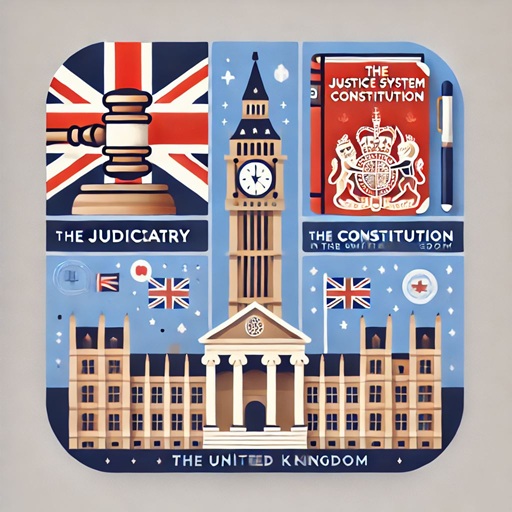



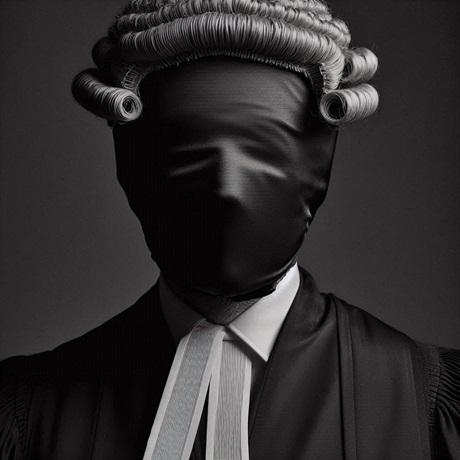

The Ministry of Injustice is not the Ministry of Justice nor is it affiliated in any way with the justice system, legal profession or any law enforcement agencies.
Most Popular ↓




What is Policing by Consent ? What is Two Tier Policing ?
Latest Articles ↓
- What is the Forensic Science Regulator ?Forensic science is a cornerstone of modern criminal justice, providing critical evidence that can make or break a case. However, the reliability and accuracy of… Read more: What is the Forensic Science Regulator ?
- What is the Criminal Cases Review Commission ?The Criminal Cases Review Commission (CCRC) stands as a vital institution within the criminal justice system, dedicated to investigating potential miscarriages of justice. Established in… Read more: What is the Criminal Cases Review Commission ?
- Did Bobby Vylan and the BBC break the law at Glastonbury 2025 ?The performance by Bob Vylan at Glastonbury 2025, where frontman Bobby Vylan (reportedly Pascal Robinson-Foster) led chants of “death, death to the IDF” and “from… Read more: Did Bobby Vylan and the BBC break the law at Glastonbury 2025 ?
- Police Public Confidence and EngagementThe Independent Office for Police Conduct (IOPC) undertake regular surveys to assess the public’s perceptions of the police, as well as their confidence in the… Read more: Police Public Confidence and Engagement
All Articles can be found in the Legal Blog or Sitemap.
You should always seek formal legal advice from a qualified and reputable lawyer (solicitor or barrister).
‘Justice delayed is justice denied’
William Ewart Gladstone
There are a number of links to Free and Paid For Legal Resources and Legal Organisations on the Free Legal Advice , Legal Aid and Pro Bono pages.
